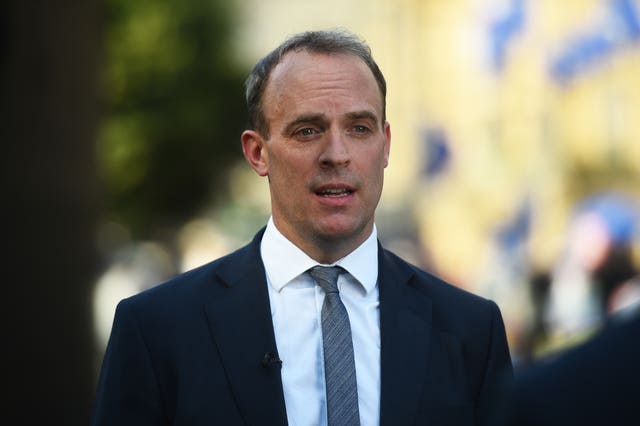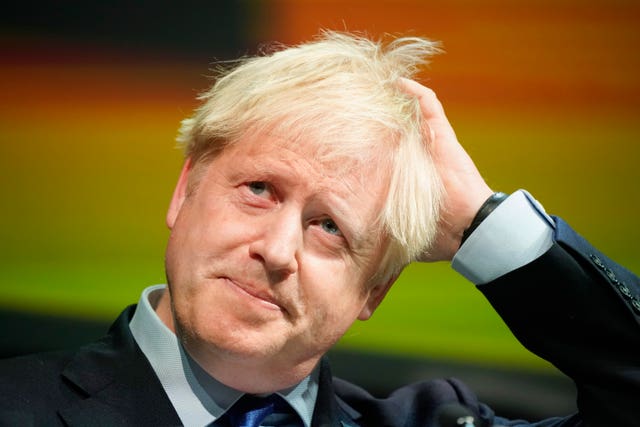Johnson insists Brexit will happen on October 31 – will that break the law?
Parliament has passed legislation intended to prevent the PM taking the UK out of the European Union without its approval.

Boris Johnson insists that “as the law currently stands” the UK will leave the European Union on October 31, with or without a deal with Brussels.
Here we look at whether the picture is as clear as he paints it.
How did the October 31 date come to be fixed?
It was agreed by the EU with then prime minister Theresa May to allow more time to find a way forward after she failed to get a Brexit deal through Parliament.
What is the current state of play?
The European Union (Withdrawal) (No. 2) Act 2019 – the so-called Benn Act after its main sponsor Hilary Benn – was fast-tracked through Parliament in a bid to prevent the Government from forcing through a no-deal Brexit.
It requires a delay to Brexit beyond October 31 unless a divorce deal is approved or Parliament agrees to leaving the EU without one by October 19.
The PM would have to send a letter to the president of the European Council requesting an extension to Article 50 until January 31, 2020.
What has Mr Johnson’s response to this been?
The PM has cast doubt on how the Government will seek to abide by the legislation, and labelled it the “surrender Bill” as he believes it takes away control of the UK’s negotiations with the EU by allowing Parliament to block no deal – viewed as a key negotiating tactic.
Mr Johnson has continued to insist the UK will leave the EU on October 31, deal or no deal.
What options are available to him?
Downing Street has refused to explain how Mr Johnson could both guarantee a Halloween Brexit and also comply with the law.
If Mr Johnson is able to secure a new deal with the EU, which would probably need changes to the controversial Northern Ireland backstop, then a route opens up for an October 31 departure.
EU figures have said they have yet to receive concrete proposals from Mr Johnson but he has targeted a summit on October 17 as a potential opportunity to strike a deal.
What is the Government doing about the law approved by MPs?

Foreign Secretary Dominic Raab, a former government lawyer, has claimed the legislation is “deeply, deeply flawed” and ministers are examining the “precise implications” of it.
They will be hoping to find a way which enables them to comply with the provisions of the law, while nullifying its main aim of blocking a no-deal Brexit on October 31.
Could the PM simply ignore it?
Only if he believes there is a legal way to do so – and such a move would inevitably end up in court.
Former Supreme Court justice Lord Sumption suggested that could result in judges nominating an official to sign a request for a Brexit extension on the Prime Minister’ s behalf.
What about the EU’s response?
Any extension to the Brexit process has to be agreed by all 27 other EU member states, and they have repeatedly stated there must be a purpose to any delay.
If one member state says no to an extension then it will not be offered.
In such a situation, the UK could ask for an extension, find it is rejected, and then leave on October 31.
Any further options available?

Mr Johnson could quit as Prime Minister and create a situation where someone else would have to send the letter asking for an extension.
He would then be able to fight a general election presenting himself as someone who resigned on principle rather than delay Brexit.





